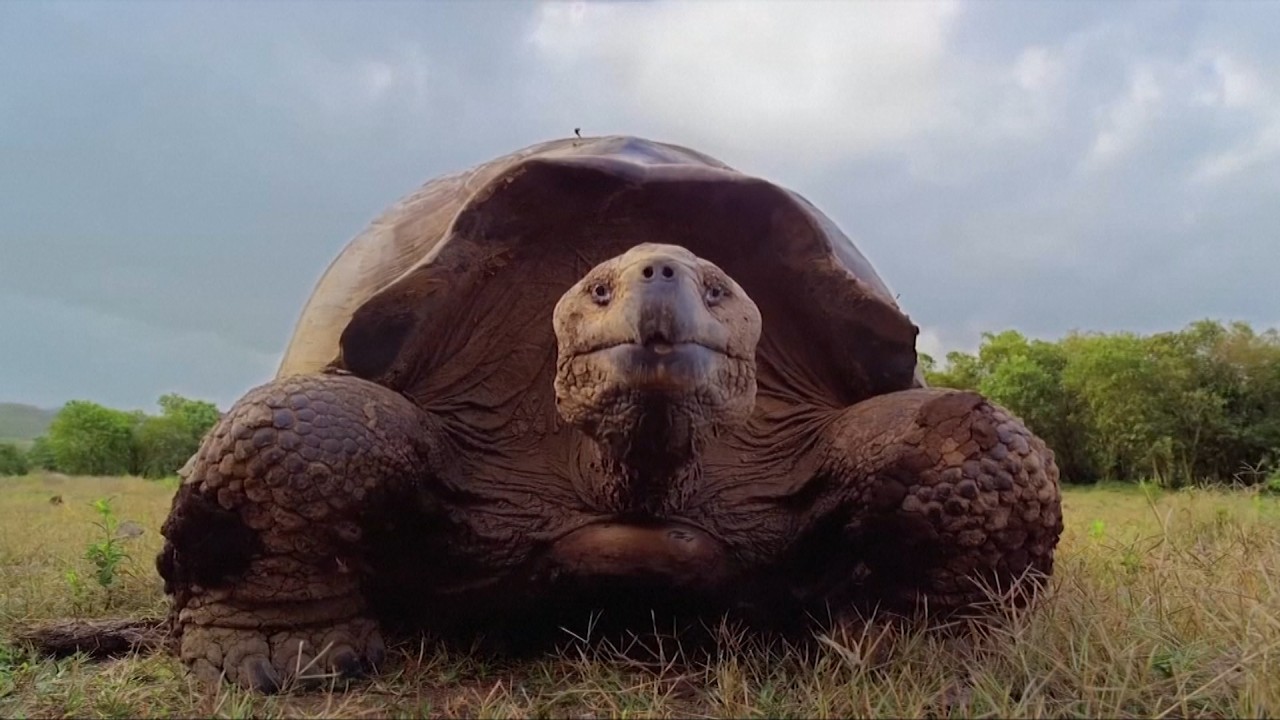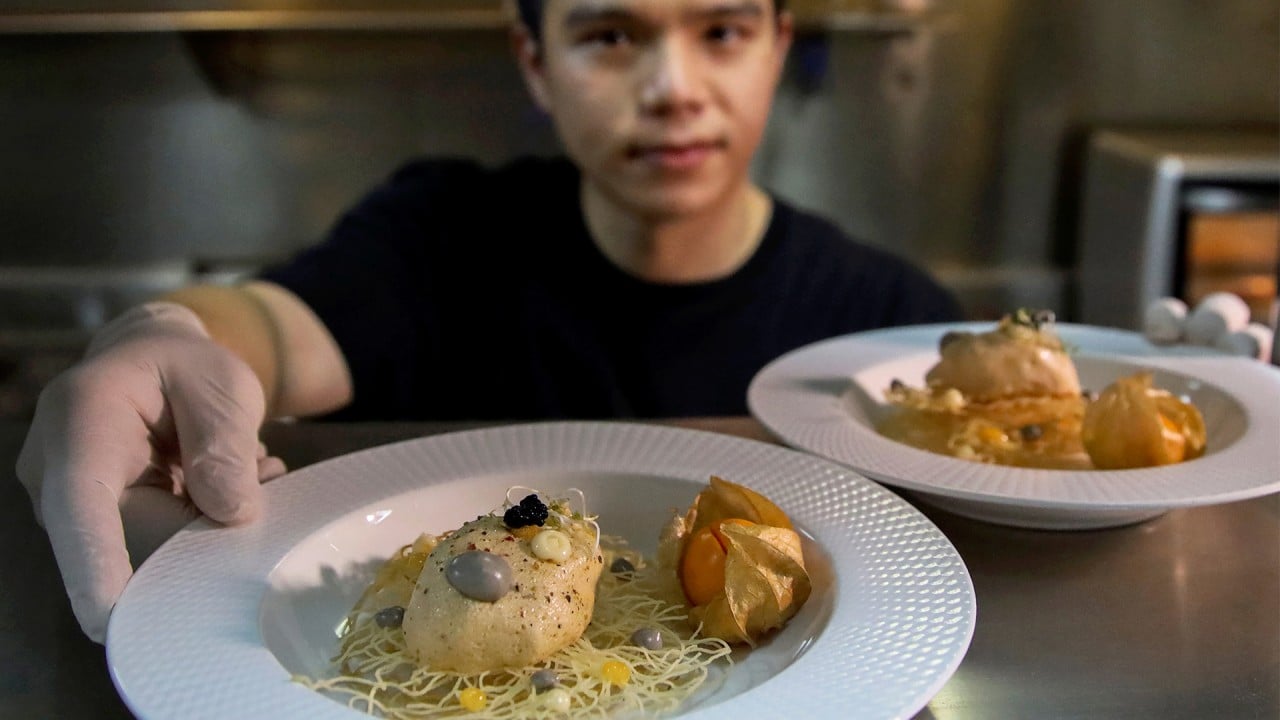
Amid the global biodiversity crisis, China can lead with alternative meat
- Shifting our diet towards meat substitutes tackles the main source of biodiversity loss and is the most direct solution
- China, as a massive meat consumer, can play a vital role in making plant-based alternatives mainstream
If we want to solve the biodiversity crisis, investing in alternative meats is arguably the scientifically most efficient solution. In this context, China is both a source of the problem and a key part of the solution: it is the world’s second-biggest meat market and an important driver in making alternative meat mainstream.
The scientific argument for alternative meat is increasingly solid. Simply put, people’s habit of eating meat threatens biodiversity. For example, the livestock industry requires about 30 per cent of ice-free land on the planet and 80 per cent of all agricultural area, being the main cause of 70 per cent of the world’s deforestation.
As the primary driver of habitat loss, meat consumption is estimated to be the leading cause of biodiversity loss. We see the same in the oceans, where the fishing industry has driven a marine biodiversity decline over the past 50 years.
Given these facts, shifting our diet towards alternative meats is the most direct solution to the biodiversity crisis as it tackles the main source of biodiversity loss.
But as developing countries get richer, the demand for animal products is expected to more than double by 2030. If this demand is met by conventional meat, we will simply lose the battle for biodiversity. Simultaneously, expecting developed and developing nations to stop eating meat altogether is unrealistic.
This is where China can play a key role. It accounts for half the world’s pork consumption but also has the ability to leverage economies of scale to take alternative meats mainstream.
JP Morgan analysts’ project that the market for plant-based meat will approach US$100 billion within the next 15 years. Estimates for China specifically project the industry to grow at up to 25 per cent annually, to US$14.5 billion by 2025.
Even though businesses can profit from the growing market in alternative meat and have a significant impact on biodiversity conservation, the scale is not remotely big enough globally, including in China.
In 2018, China invested US$206 billion in agricultural subsidies, primarily in meat and crops, compared to US$7 billion in recent years into conservation agriculture and forest restoration. Considering the potential profits and biodiversity effects of alternative meats, this capital allocation is a lost opportunity.
Problematically, both researchers and financiers underestimate the potential of alternative meat. In the latest reports on biodiversity conservation and finance, none of them implied this solution.
How China can dominate the future of plant-based meat production
The recently published Dasgupta review – an independent, global review on the economics of biodiversity – recognised that more than half of the world’s agricultural land could be saved from animal agriculture by shifting diets, but it does not count alternative meat as a necessary measure for biodiversity conservation.
Similarly, the Paulson Institute estimates that we need at least US$722 billion of financing per year for biodiversity conservation without mentioning the potential of plant-based meat.
Another report, from the Chatham House think tank, points to animal agriculture as the leading cause of biodiversity loss and recommends a shift toward plant-based food, yet only briefly mentions the need for alternative meat development.
A research team from Oxford University recently recognised that a change in diet is the single most significant way to reduce one’s impact on the planet without expressly mentioning alternative meat.
The lessons from China’s success in bringing down the costs of wind and solar energy need to be extended to the meat industry. Fundamentally, China’s governmental system enables it to rapidly establish commercial priorities and consumer behaviour across its population.
State contracts, tax breaks, free factory space and the redirection of public funding to plant-based meat would further help develop the market and increase demand for this biodiversity-friendly solution.
To avert a climate crisis, the world needs to change its diet
Overall, it would be much cheaper to redirect finance towards a solution to the direct source of biodiversity loss than to invest US$722 billion yearly on conservation.
How seriously China takes alternative meat will determine the country’s contribution to the international biodiversity agenda and help address the multifaced challenges of food and health security. As the biodiversity crisis gets more serious, so should our responses.
Aurélie Chane-Yook is a research associate at the International Institute of Green Finance at the Central University of Finance and Economics, Beijing, where Mathias Lund Larsen is a senior research consultant





